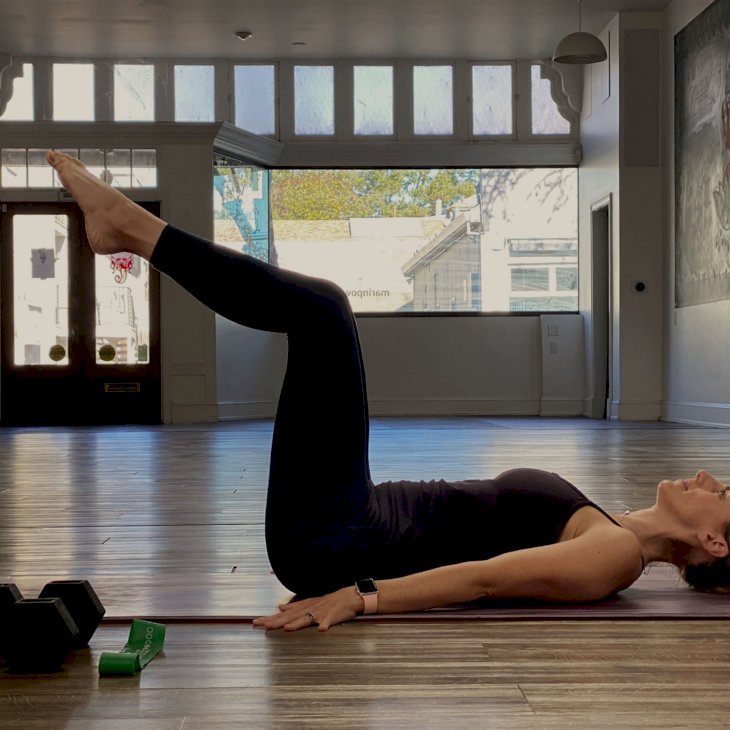
Unpacking The Importance And Benefits Of Taking Rest Days
For fitness enthusiasts out there, a quick question: do you take rest days? If not, read this article and check the importance of giving your body some rest.
Just like working and studying for five days a week, our mind needs a break and rest. So it does the body. Overloading both body and mind can have severe consequences for our health.
Just as important as exercises, rest days allow the body to recover and rest. It’s a vital part of progress as it doesn’t matter your fitness level. That said, let’s understand the importance and benefits of taking rest days.
What’s a Rest Day?

Photo by Jamie Ginsberg on Unsplash
Rest day is literally a day off from exercising. You take physical rest and allow the body to rest and repair from the previous workouts.
How many rest days you need, it depends on your fitness level and routine. As a rule of thumb, Leigh F. Hanke, MD, MS, gives the following recommendation to Byrdie:

Photo by krakenimages on Unsplash
"I would recommend four days of working out followed by either two active recovery days and one day of pure reset OR one active recovery day two days of pure rest.”
Leigh F. Hanke, MD, MS
The Benefits of Rest Day
Prevents Muscle Fatigue

Photo by Patrick Malleret on Unsplash
Our muscles need time to “rest and reset”. Overtraining overworks the muscles and prevents the body from produce glycogen, which happens when we’re resting. When the glycogen stores aren’t refilled, we might experience muscle soreness and fatigue.
Enhances Fitness Performance

Photo by John Arano on Unsplash
When we’re tired and don’t get enough rest, our energy stores are low. Then, there’s not much energy left to exercise or get motivated to run an extra mile or do an extra rep.
When we’re fresh and rested, it increases energy and prevents fatigue as it prepares the body to endure upcoming workouts.
Improves Night’s Sleep

Photo by peter bucks on Unsplash
Physical activity helps the body in hormonal production, such as adrenaline and cortisol. On the other hand, overtraining creates an excessive production of these hormones affecting your night’s sleep and leaving you exhausted. Rest might help you get better sleep by letting your hormones return to a regular and balanced state.